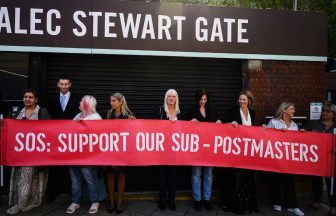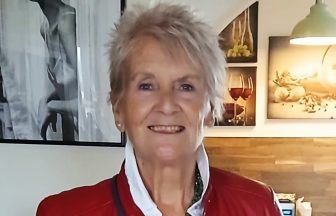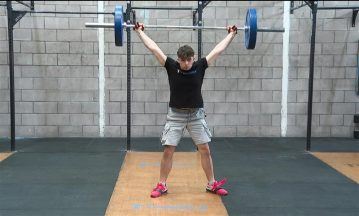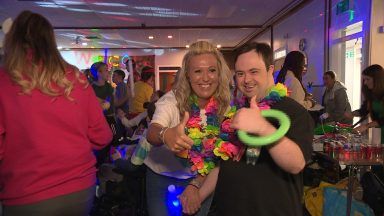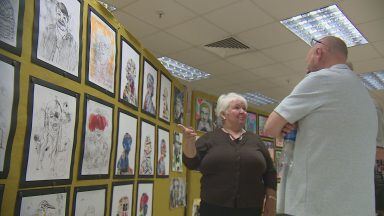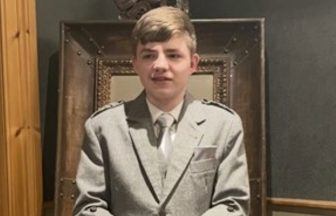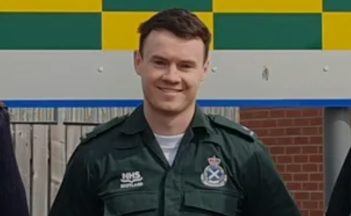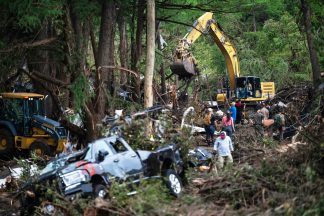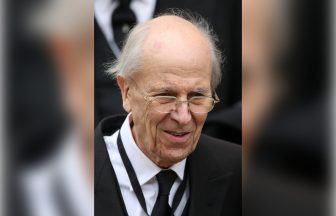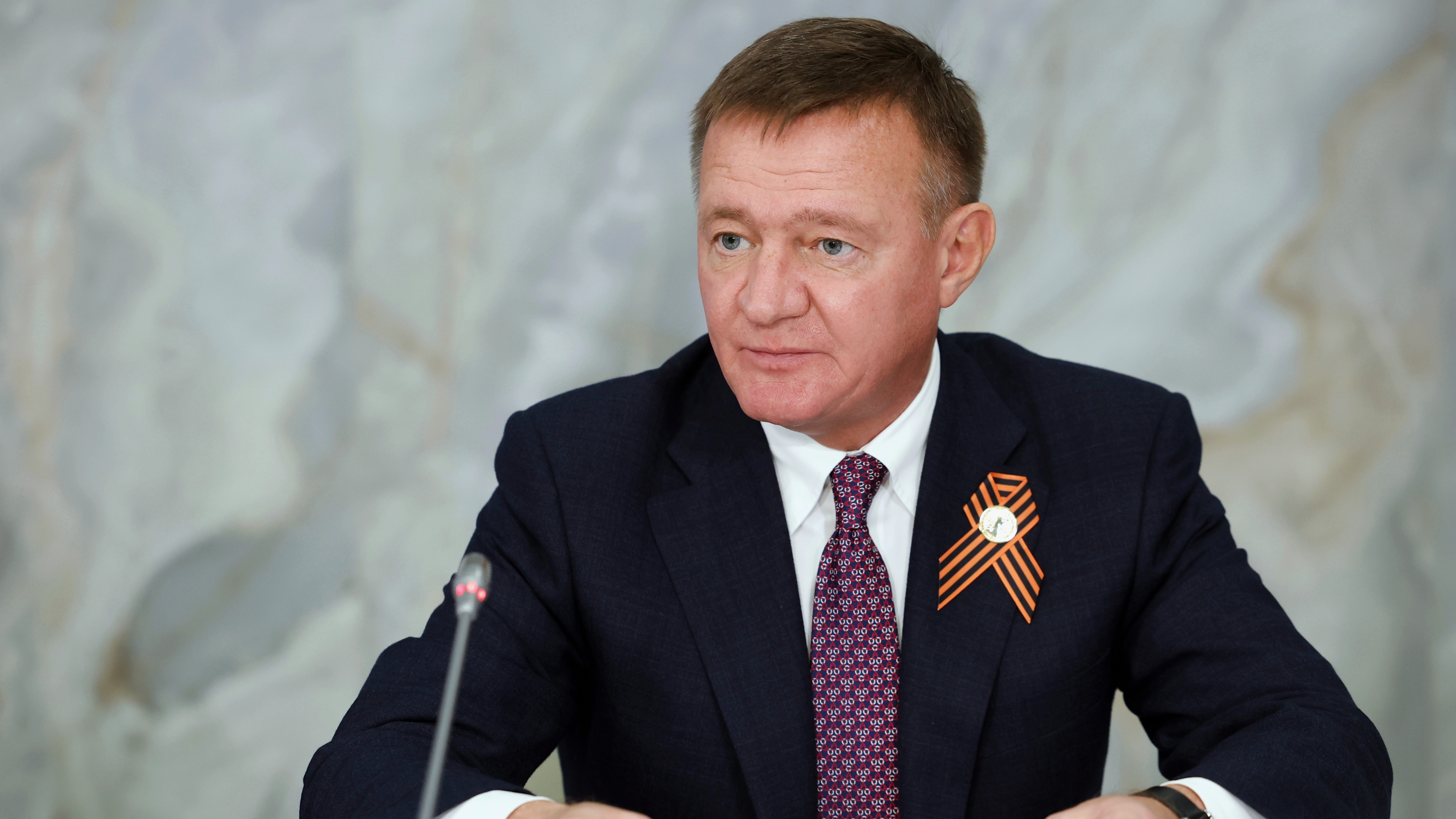A woman whose childhood memories were wiped out after lifesaving surgery to remove a brain tumour is facing a battle against the disease again, seven years on.
Weronika Fafinska became deaf in her right ear in 2012 and after an MRI at the Royal Hospital for Children and Young People in Edinburgh, was diagnosed with a grade two brain tumour – called a diffuse astrocytoma – two years later when she was just 14.
In February 2014 she had most of the tumour removed during surgery, but when she came round she was unable to recognise her parents who were sitting at her bedside.
Weronika, who is now 23, said: “In the car going home, I was sick three times because, in my mind, I had never been in a car before. I was so scared because I didn’t know where I was going.
“When we got to the house, I didn’t recognise it. I didn’t recognise my bedroom, and I didn’t like anything in there, such as my clothes.”
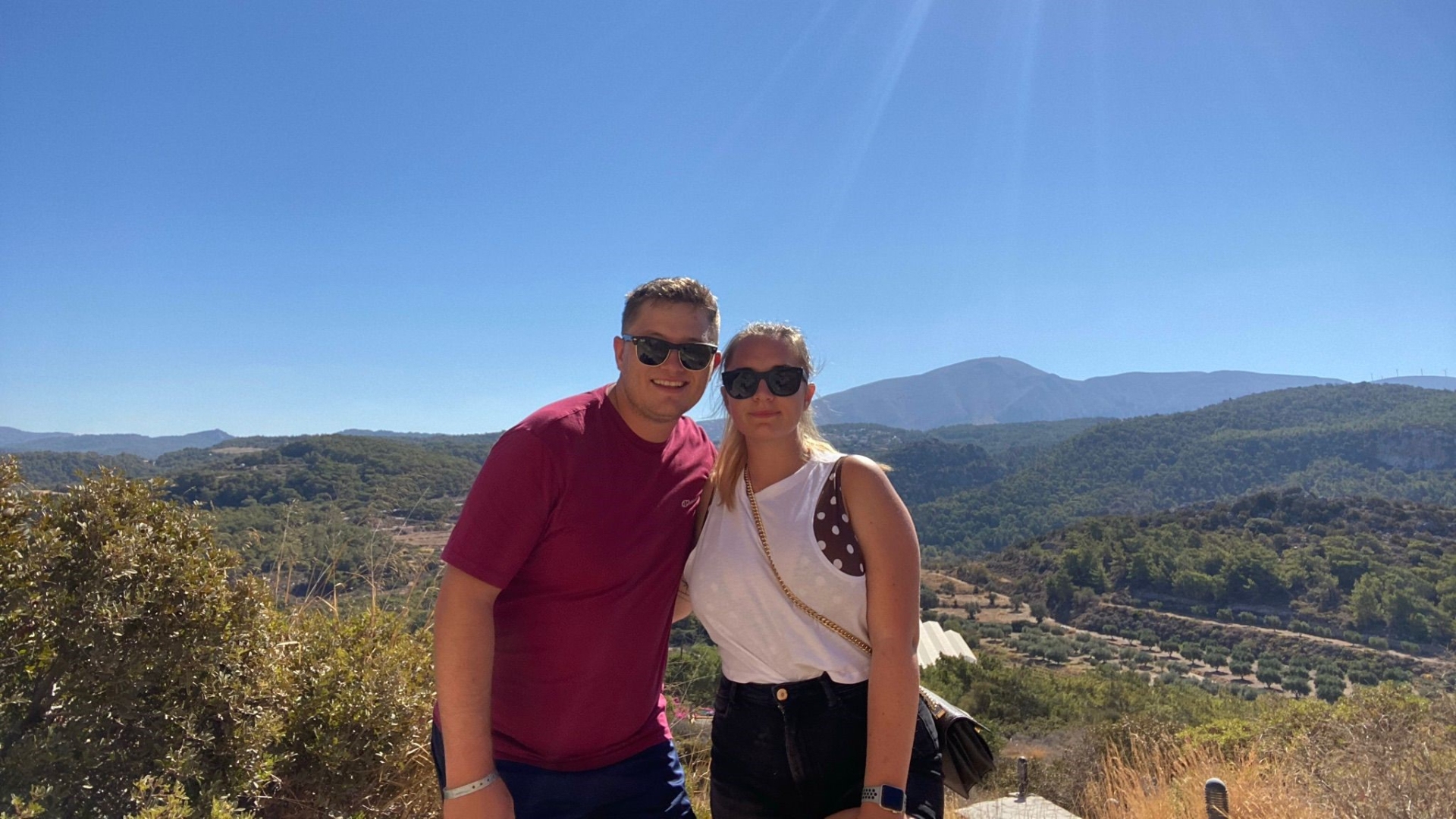 Brain Tumour Research
Brain Tumour ResearchShe added: “I didn’t know what anything was. I didn’t know that an oven got hot, or what a football was, but I was able to pick things up, such as my maths timetables, right away.
“When I returned to school, there were hundreds of people and I didn’t know anyone, not even my closest friends.”
Her tumour remained stable for seven years but in March 2021, a scan revealed it had grown, but not enough for it to be operated on.
Since then, scans in August 2021, March 2022, and August 2022 have all shown slight growth.
Weronika, who lives with her partner, 24-year-old Cameron Summerville, now faces uncertainty of how her tumour is growing.
She said: “The uncertainty of how it’s growing and if the treatment will work has really got to me this year. I’m having to think about things that normal 23-year-olds shouldn’t, such as is there any point in getting married, can I have kids and, if so, what will happen if I don’t win against my tumour? So, it’s a lot to deal with right now.”
Brain tumours kill more children and adults under the age of 40 than any other cancer, yet historically just 1% of the national spend on cancer research has been allocated to the disease.
Now, Weronika is working with charity Brain Tumour Research and is taking on its 100 Squats or Star Jumps a Day in November Challenge to raise funds to further research into brain tumours.
She said: “I’m really looking forward to the challenge but I haven’t been physically active for some time so I am nervous to see how I will cope with it. I think I’ll do a combination of both squats and star jumps, to allow my body to complete the full challenge for when I feel like one exercise is too much.
“I’m struggling right now to keep myself occupied, so I decided to take part in this to have a distraction and to boost my mental health in raising the awareness around brain tumours and remembering that there are charities like this that are trying to help people like me.
“Brain Tumour Research gives me hope that people are trying to find a cure and that will hopefully help save lives.”
Matthew Price, community development manager at Brain Tumour Research said: “We’re really grateful to Weronika for taking part in the 100 Squats or Star Jumps a Day in November Challenge, as it’s only with the support of people like her that we’re able to progress our research into brain tumours and improve the outcome for patients like Weronika who are forced to fight this awful disease.
“I would encourage anyone who is able to take part in the challenge to do so. Not only is it fun, but it gets you fit whilst raising vital funds to help find a cure for brain tumours.”
The charity funds research at dedicated centres in the UK and campaigns for the government and the larger cancer charities to invest more in research into brain tumours in order to speed up new treatments for patients and, ultimately, to find a cure.
The charity is calling for a national annual spend of £35m in order to improve survival rates and patient outcomes in line with other cancers such as breast cancer and leukaemia and is also campaigning for greater repurposing of drugs.
Follow STV News on WhatsApp
Scan the QR code on your mobile device for all the latest news from around the country


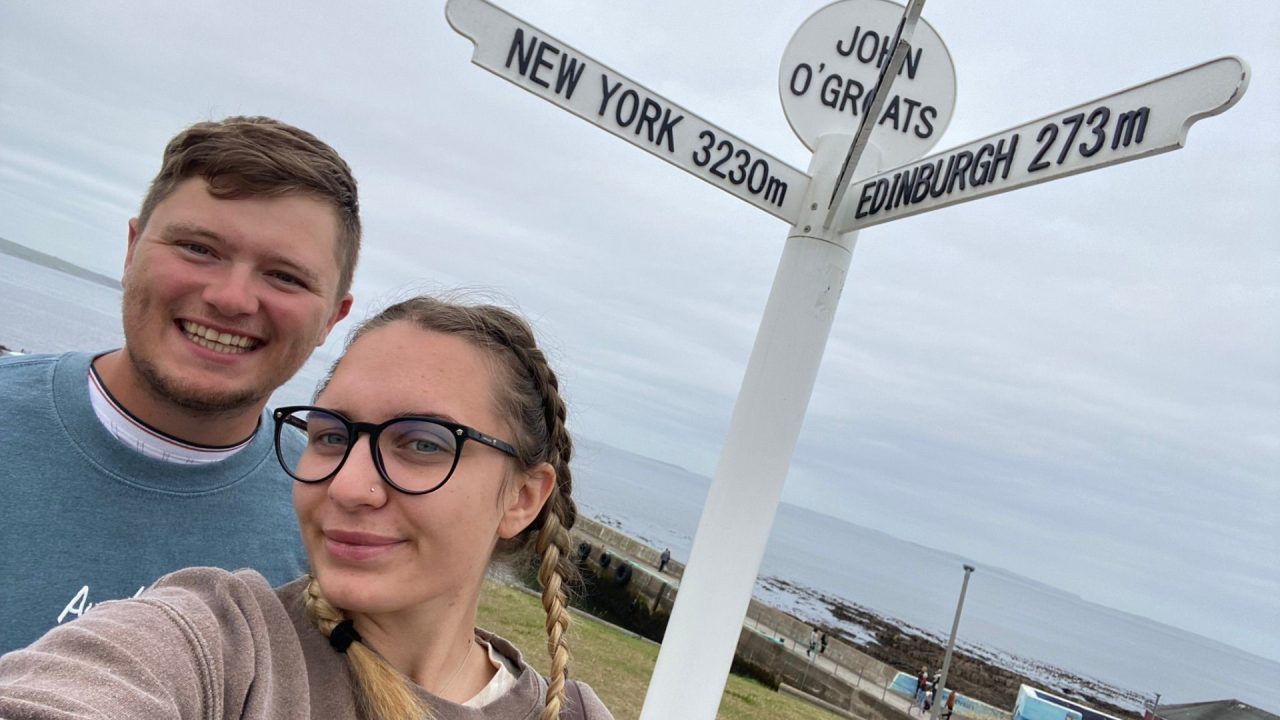 Brain Tumour Research
Brain Tumour Research